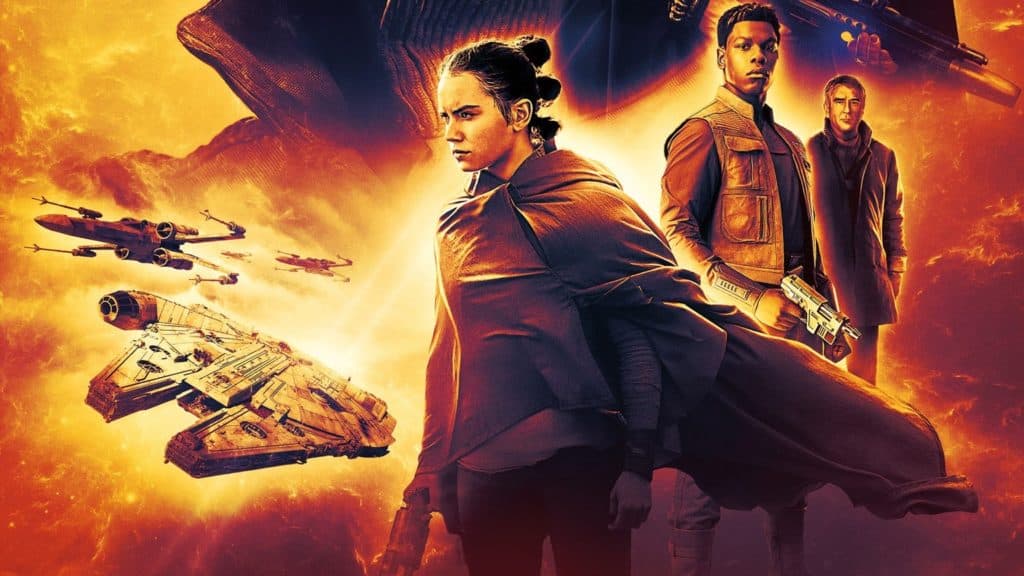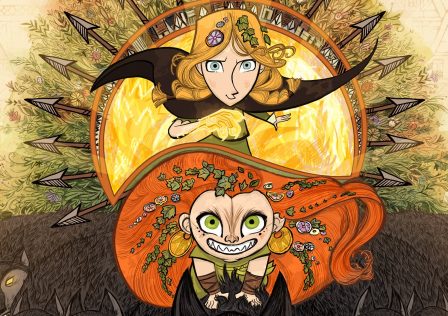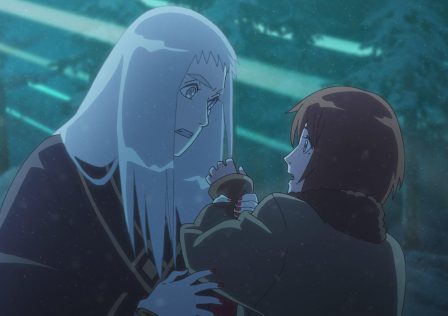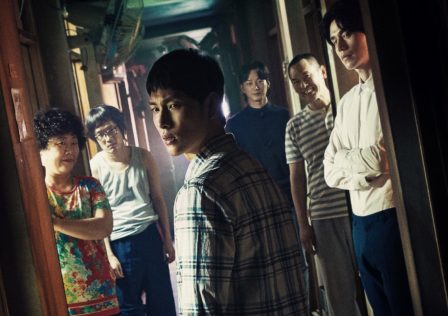Something as old, influential and perpetual as Star Wars inevitably shape into wishes. Star Wars means something to many people, and they want it to keep meaning something. So fans form expectations – plot threads that would validate their beliefs, revelations that appease their truths. Some wish for the comfort of familiarity, while others perilously dream of evolution. You wish upon a Star Wars, and you hope that it delivers. You hope you won’t get disappointed. And angry. And hateful.
I have never hated a Star Wars movie.
Yet there I was, sitting in the theatre as John Williams carried the end credits away, bristling like an angry Wookie and very ready to proclaim that I hated The Rise of Skywalker (TROS).
That was weeks ago. I’m now a calmer Wookie. Having had time to cool down, I realised that my contempt for TROS came from anger. I was angry simply because TROS didn’t go the way I wanted it to go.
So what was my Star Wars wish? I had wished that it would take off from the end of The Last Jedi – which is, in my view, the most subversive and deconstructive movie in the entire franchise that had jettisoned itself into unknown territory, away from the familiar and safe.
The best and worst thing about Star Wars is that it’s inherently a franchise fixated on the past. “A long, long time ago,” as the pre-opening title tells us.
Take the original trilogy. The first ever Star Wars film in 1977, A New Hope, was a vehicle for director George Lucas to retell the space-adventure serials of his childhood, powered by his own nostalgia for the movies that he loved. The second installment, The Empire Strikes Back (1980), makes Luke confronts his lineage; while Return of the Jedi (1983) is, in part, the revival of a status quo – it’s a movie about the Jedi making a comeback, after all, and about returning to a time before the Empire. The movie also attempts to harken back into the more playful, adventurous tone of A New Hope, to mixed results.
More than a decade later, we get the prequel trilogy — The Phantom Menace (1999), Attack of the Clones (2002), and Revenge of the Sith (2005) — to tread further into the past.
Then, crickets for 10 years. Just when we thought Star Wars is a bygone phenomenon frozen in carbonite of pop culture history, Disney gave us a new hope. This is in the form of a sequel trilogy – The Force Awakens (2015), The Last Jedi (2017), and The Rise of Skywalker (2019) – with a central theme of new heroes coming to terms with the legacy of the previous ones.
The series affirms a theory that Star Wars exists in a loop – a sort of pre-destined sequence that always begins with a Nobody in the desert who becomes a Hero, and one who needs to decide their course towards bringing balance to the Force. Anakin, Luke and Rey have similar journeys — all three began their story as lowly desert dwellers that have greatness in them, either inherent or inherited. All three are thrust upon a war, and all three have to make galaxy-altering decisions at the end of their respective trilogies. I don’t mind that at all. It speaks to the mysticism that permeates the franchise, and to a romanticism that is, to me, appealing.
But my feelings about Star Wars has changed, and it is thanks to The Last Jedi. TLJ was subversive, but what it does is to put Star Wars in a trajectory hitherto unseen. It changes the status quo, acknowledging that, first, the problems of the galaxy isn’t because of a single, villainous figure ala Palpatine, but systemic. It posits that the core issues – the perpetual war, the slavery, the lawlessness in certain planets – can be traced to elite groups that profit off it. Suddenly, our heroes aren’t just fighting against one evil entity, but going against a system.
TLJ opens up opportunity for Star Wars to go into places that it has never been – a more complex universe that requires complex solutions, not just the removal of one fascist (albeit powerful) group. It’s a perspective I never knew I wanted. For the first time ever, I have a direction I wanted Star Wars to go.
Alas, it never went there. If TLJ has broken the Star Wars mould, TROS glued it back. The last film in the sequel trilogy is more inclined to complete the cycle, wrapping up the Skywalker saga where it begins. In TROS, Rey needs to decide what to make of new revelations regarding her lineage. It ends with Rey having to answer the same question both Anakin and Luke faced: what choice would you make to save your loved ones?
I didn’t like it, but the direction TROS took does explore interesting themes. The movie asks us, and Rey, to confront power inherited from a problematic legacy, and what we should do with that. I like that bloodlines don’t determine your predestination, and that the values you choose to inhibit does. If anything, it asks that we question the privilege we’ve inherited and what to do with it.
The unfortunate thing is that this is buried in a movie with structural and pacing issues, one that is more inclined more inclined to usher us into the next great idea, more inclined to build set-pieces than it is to craft the tissue that connects them.
Regardless, it’s clear that Star Wars, with TROS at least, isn’t interested in taking the franchise in wholly different places. Rather, it’s here to service its predecessors – an experience meant to be entrenched wholly with the ideas and ideology of the Star Wars that came before it. Maybe that’s the only way Star Wars could exist, because how do you truly move away from a franchise that is so deeply rooted in its initial three movies that people never really got over?
In the wake of The Rise of Skywalker, Star Wars as a franchise has a question it needs to answer: where does it go next? Should it be a franchise that is perpetually looking backwards, an unending chase for the magic of the original trilogy? Or should it boldly go where no Star Wars has gone before?
I’m hoping now that it will finally look beyond the binary sunset. The twin suns are beautiful, meaningful. But the horizon is unending.
Also published on Medium.

makes it a life goal to annoy everyone with random Disney trivia. When he’s not staring at a screen or holding a controller of some sort, he is thinking about curry noodles. Like right now.



